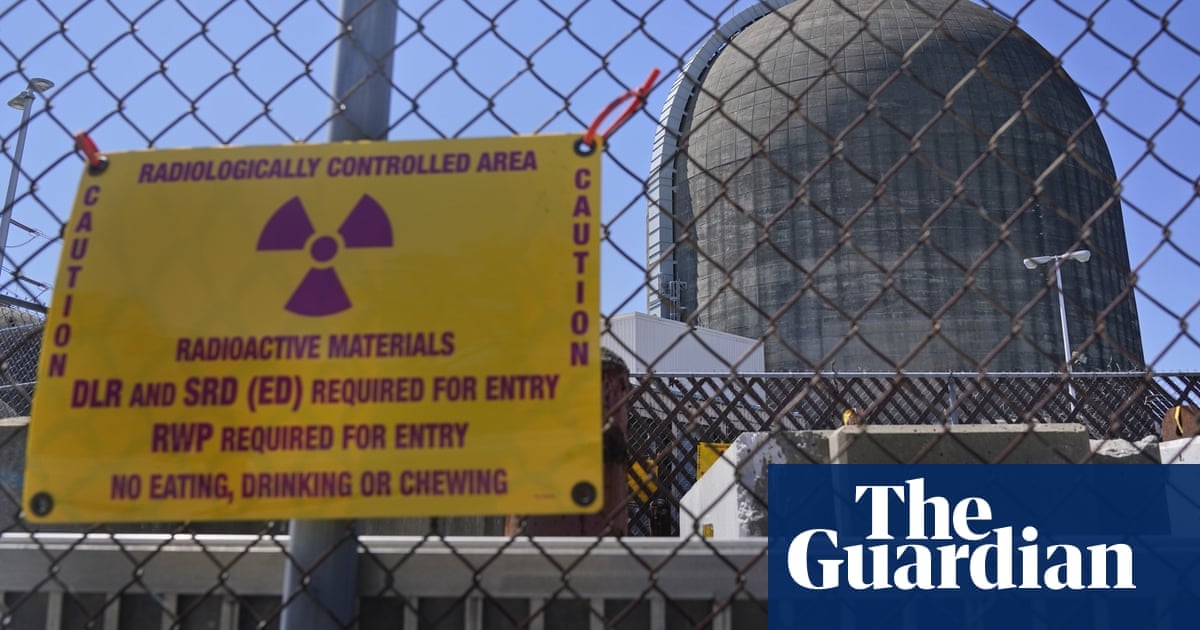Shuttering of New York facility raises awkward climate crisis questions as gas – not renewables – fills gap in power generation
When New York’s deteriorating and unloved Indian Point nuclear plant finally shuttered in 2021, its demise was met with delight from environmentalists who had long demanded it be scrapped.
But there has been a sting in the tail – since the closure, New York’s greenhouse gas emissions have gone up.
Castigated for its impact upon the surrounding environment and feared for its potential to unleash disaster close to the heart of New York City, Indian Point nevertheless supplied a large chunk of the state’s carbon-free electricity.
Since the plant’s closure, it has been gas, rather then clean energy such as solar and wind, that has filled the void, leaving New York City in the embarrassing situation of seeing its planet-heating emissions jump in recent years to the point its power grid is now dirtier than Texas’s, as well as the US average.



Their 40 year license with the nuclear regulatory commission ran out and they felt that getting it relicensed was too expensive. Yeah a bunch of folks were hyperbolic about it, but holding a 40 year old reactor to modern standards isn’t bad either. It’s still economics that is holding nuclear back.
No, they applied for a 20-year renewal but faced pushback from the state of New York and were forced to close in a legal settlement.
https://www.eia.gov/todayinenergy/detail.php?id=47776